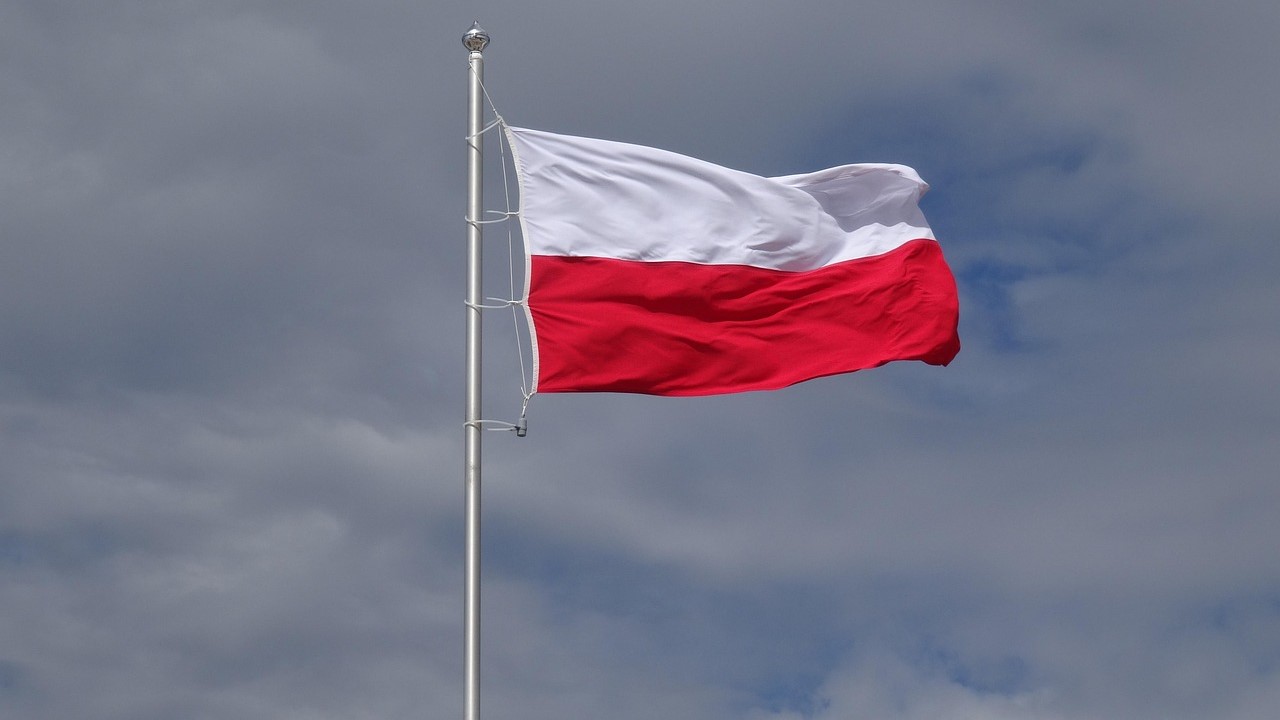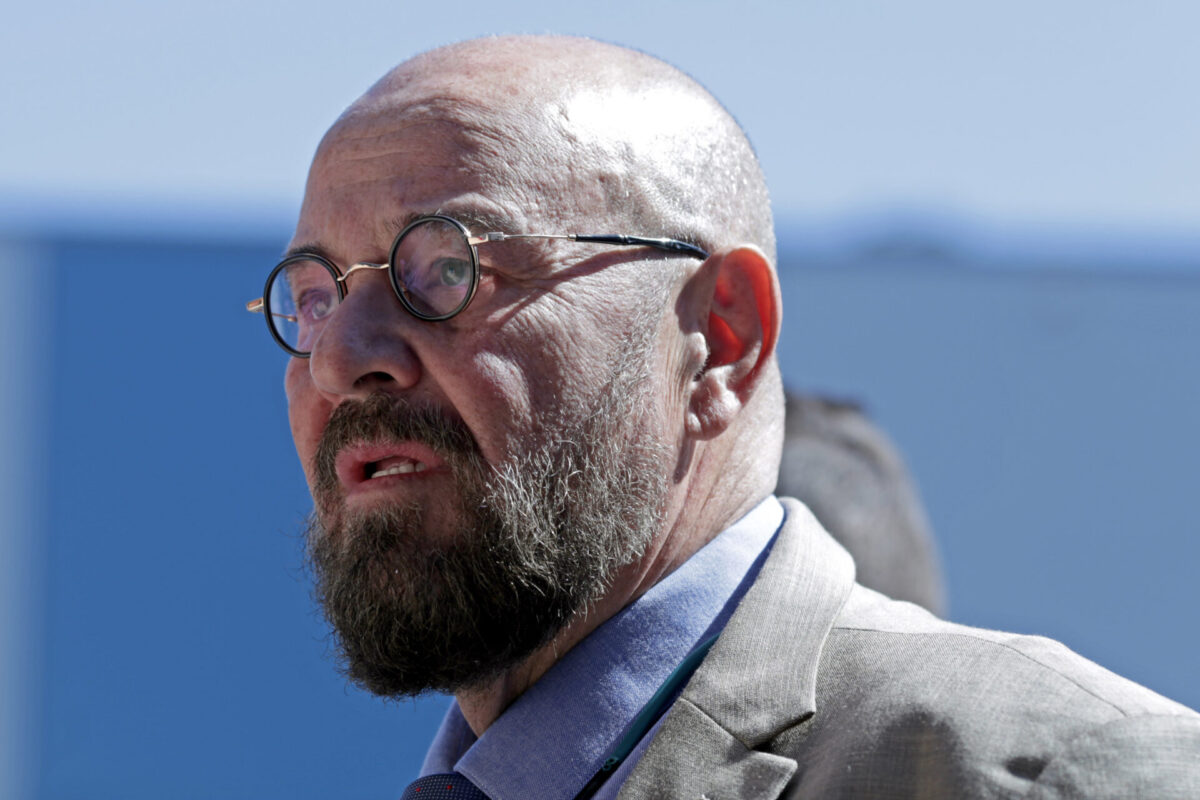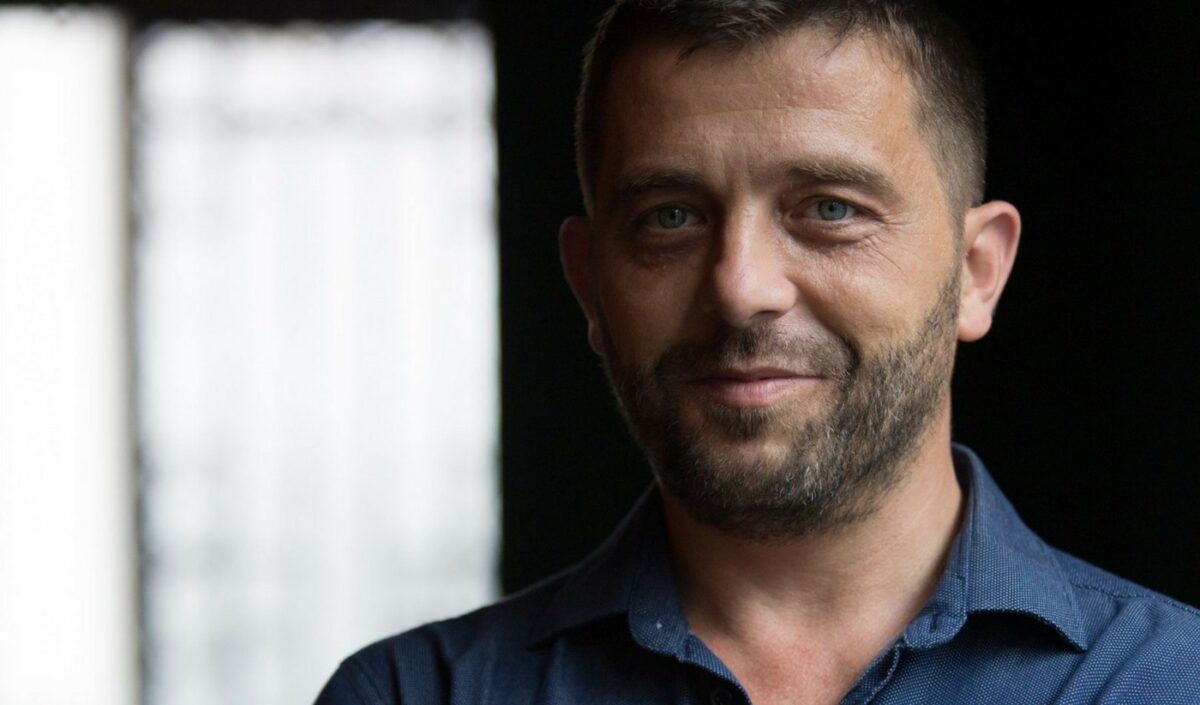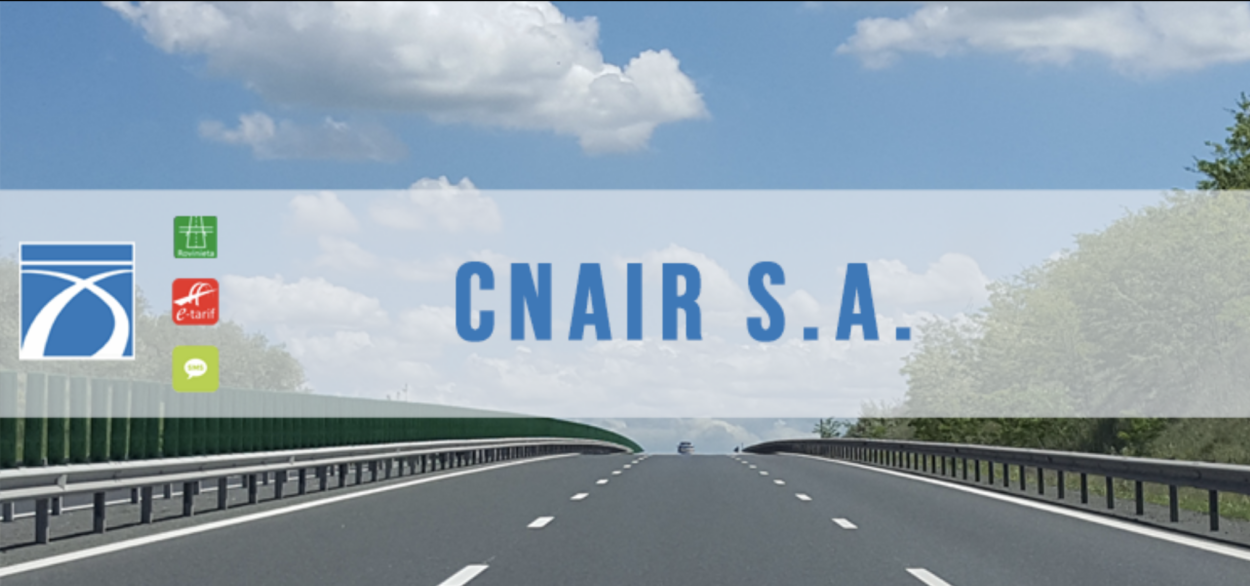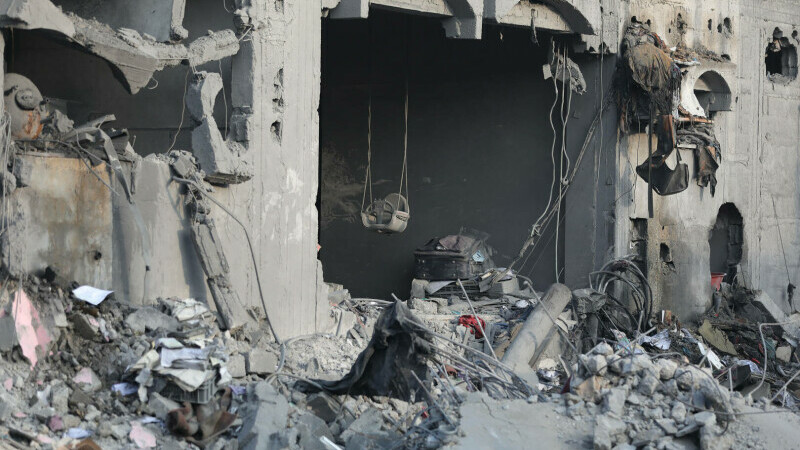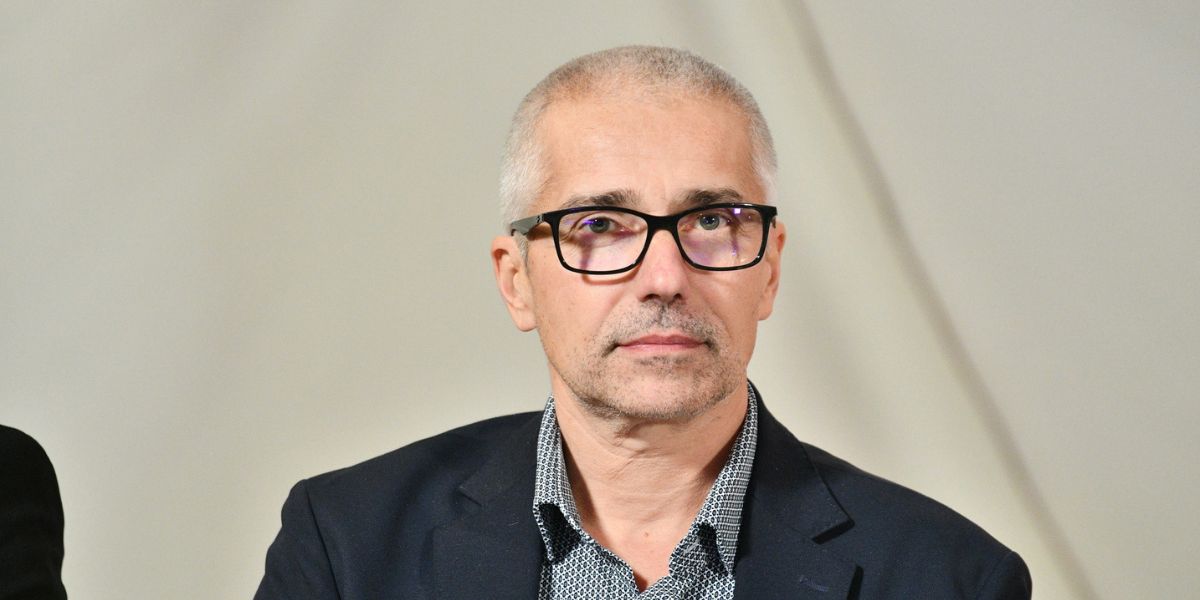BUCHAREST – Romania is pressing ahead with some of the largest infrastructure projects in Central and Eastern Europe, fuelled by EU cohesion funds and the national recovery plan. Among the companies benefiting from this momentum is PROGER, a Romanian-owned construction group that has moved from the role of subcontractor into a more visible position on flagship projects.
Rapid growth
According to public filings, PROGER posted revenues of RON 270 million (€55m) in 2024, with net profit of more than RON 55 million. The company employs around 120 staff and has invested in its own fleet of heavy machinery, giving it agility in mobilising resources across different sites.
Portfolio of works
The group has been involved in several high-profile projects:
the Sebeș–Turda motorway,
A0 – Bucharest Ring Motorway (Lot 3 South),
and the rehabilitation of the Brașov–Sighișoara railway line, part of the EU’s Rhine–Danube Corridor.
Certifications as a market lever
PROGER holds ISO 9001, 14001 and 45001 certifications, as well as an AFER licence (Romania’s railways authority) valid until 2028. These accreditations allow the company to execute critical works such as railway earthworks, slope protection and trenchless crossings – niches where compliance requirements are stringent.
Wider context
The company’s rise underscores a broader trend: Romania is fostering a set of homegrown contractors capable of delivering complex packages under tight EU deadlines. With motorway, bypass and railway projects running simultaneously, execution capacity is becoming as important as access to funding.
Autor
Urmărește știrile PSNews.ro și pe Google News


